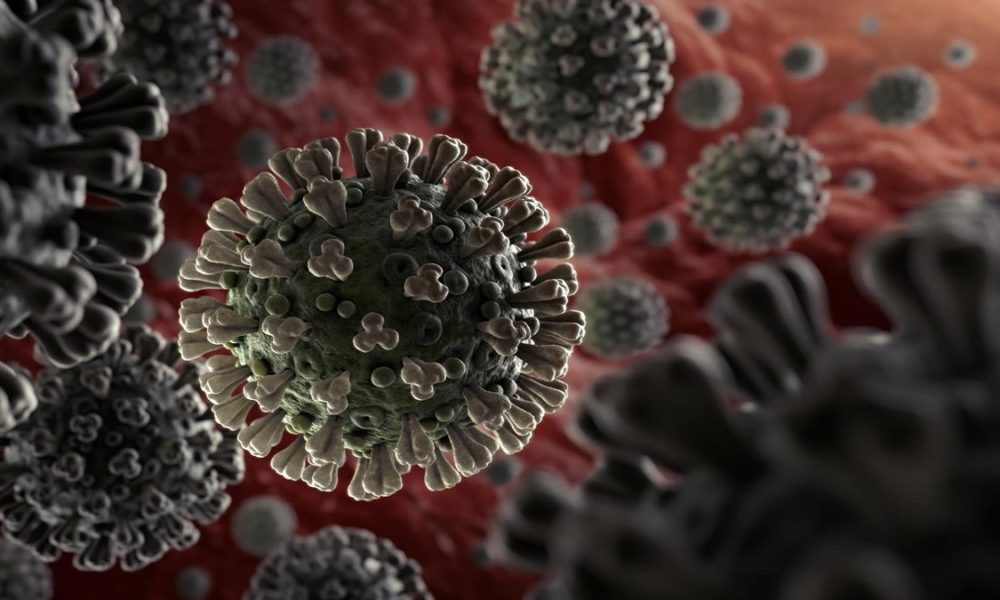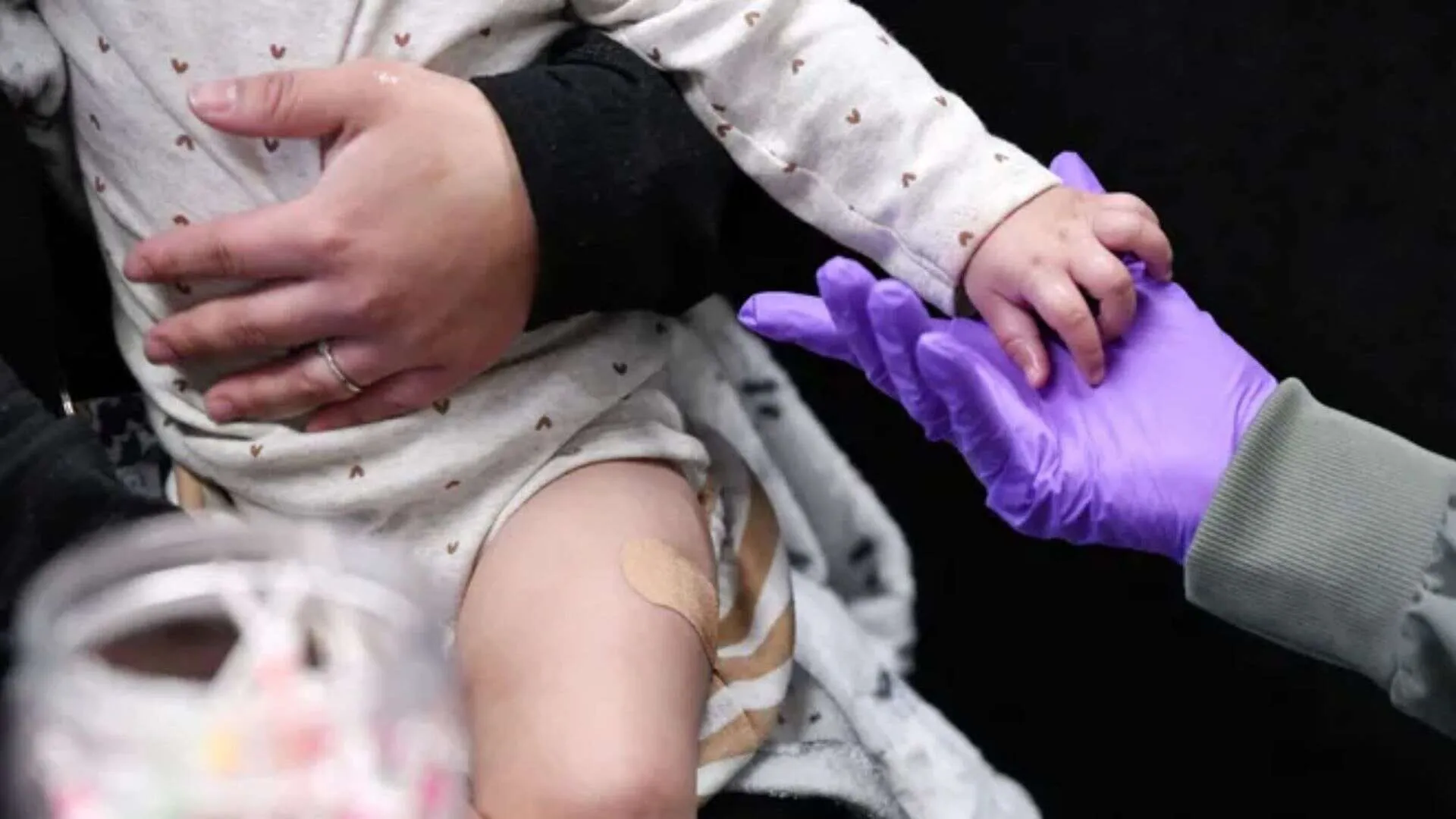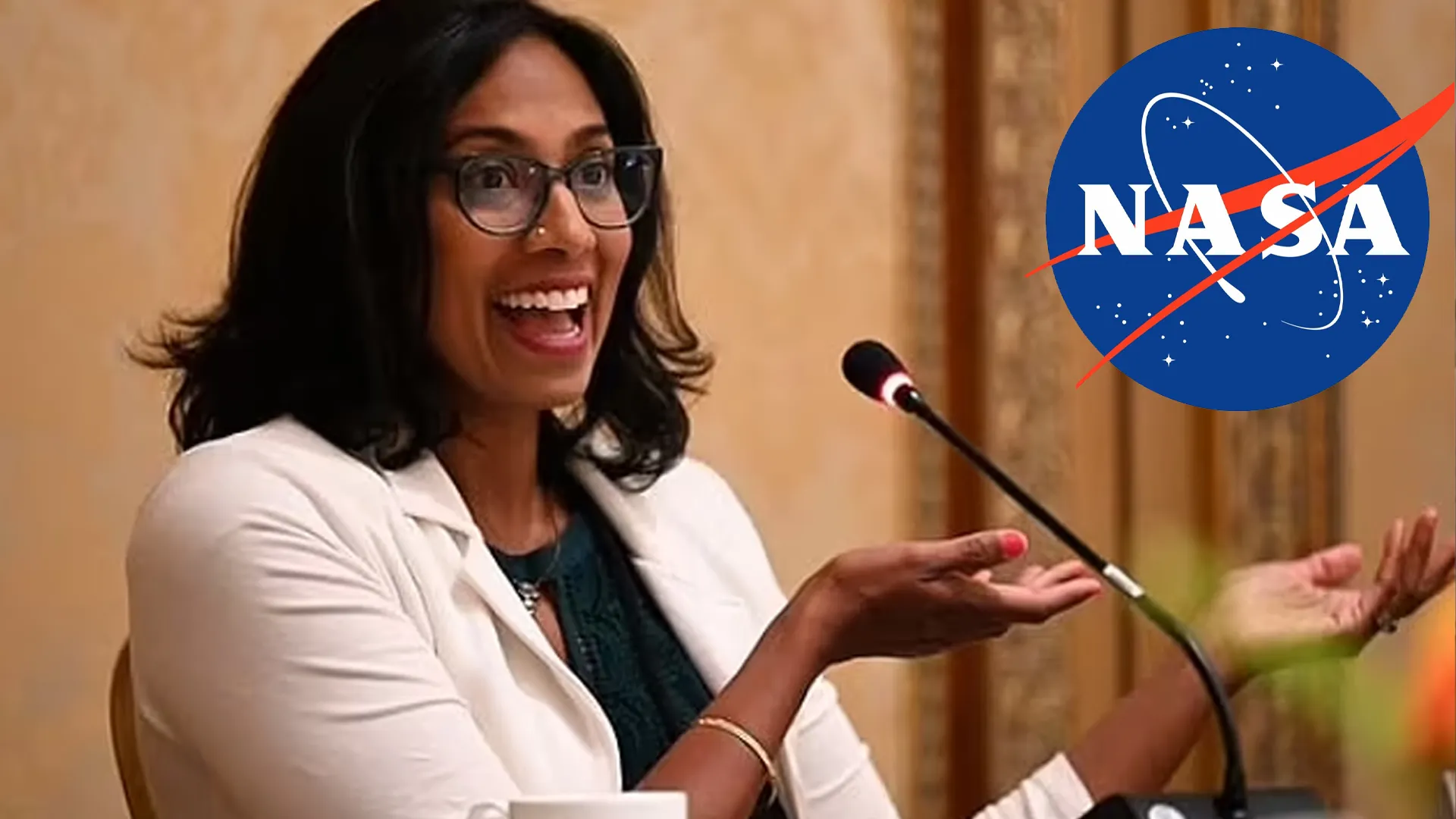A team of researchers at Central Research Institute, Kasauli has found that antibodies can be synthesised from the horse and can be injected into humans infected with COVID-19 which can be an efficient approach in future to combat the disease.
“Antisera is basically readymade antibodies. Whenever an infection occurs in the human body, it naturally raises antibodies but that takes some time. It takes around 7 to 14 days when you make your own antibodies against any antigen and they are specific antibodies are meant to favour infection,” said Dr Dimple Kasana Director, CRI. She further explained the process of using such antibodies, “When you say the antisera it means we are making these antibodies artificially. Hence, there is no timeline issue. For example, suppose there is a dog bite, you will not wait 14 days for your antibodies to come, you would want something immediately. So you will raise these antibodies artificially somewhere outside the human body.”
“Horse is a larger animal, so if you raise antibodies in a large animal you get a large number of titers. You give this artificial antibody to the person whoever requires it and you immediately have a response that is an immune response,” she added.
On the use of such treatment for COVID-19, Dr Dimple said, “So whenever there is COVID infection, we, unfortunately, do not have any specific treatments. So far, it all depends upon the immune response of a person’s body. Each person will have a different response, we may give antivirals, you may give steroids, but each person would react differently because the bodies are different. If we make antibodies separately and give them to the person who’s having the COVID antigen or the COVID infection, then we do not lose time. There will be an immediate response.”
CRI has applied for more permissions for clinical trials of its studies, “From our part, the job is over. We are giving them the results and following up with them. All these things actually require the permission from the government from the regulatory authorities.”





















